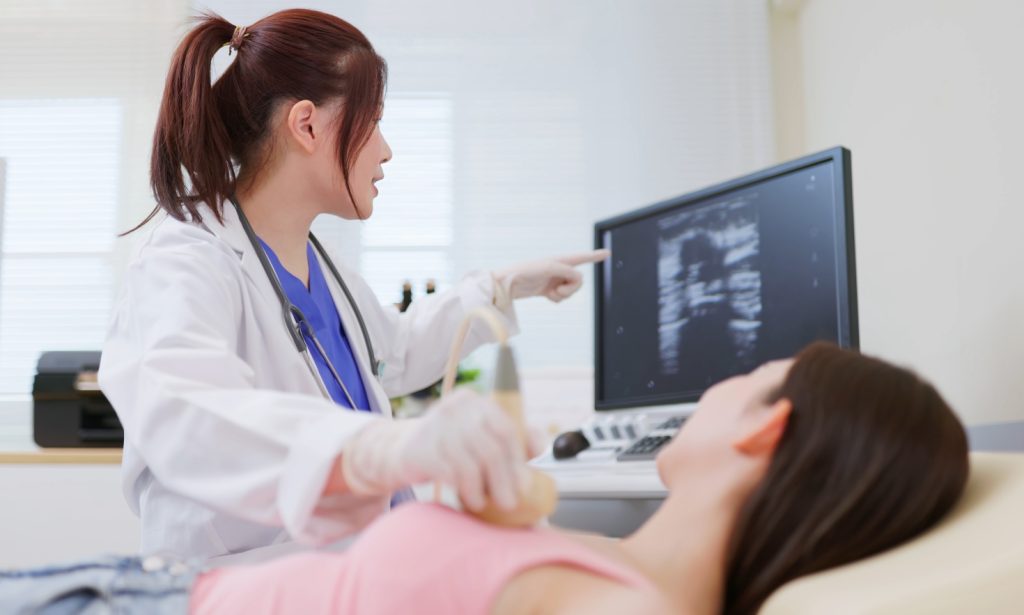Cancer screening is a vital part of preventive healthcare, enabling the early detection of cancers when treatment is often more effective. The UK’s cancer screening programs are among the most comprehensive worldwide, offering targeted tests for various types of cancers based on age, gender, and risk factors.
This guide explains the essential cancer screening tests available in the UK, when you should have them, and how early detection can save lives.
What Is Cancer Screening?
Cancer screening involves checking for cancer or pre-cancerous conditions in individuals who don’t have symptoms. The goal is to identify potential problems early, increasing the chances of successful treatment and reducing mortality rates.
In the UK, the NHS offers organized screening programs for specific cancers, ensuring those at higher risk are monitored regularly.
Why Is Cancer Screening Important?
- Early Detection Saves Lives: Cancers detected early are often easier to treat and have better outcomes.
- Prevention: Some tests identify pre-cancerous changes, allowing interventions before cancer develops.
- Improved Survival Rates: Screening reduces cancer deaths by catching diseases before they spread.
Key Cancer Screening Programs in the UK
1. Cervical Cancer Screening (Smear Test)
- Who It’s For: Women and individuals with a cervix aged 25–64.
- Frequency:
- Every 3 years for ages 25–49.
- Every 5 years for ages 50–64.
- Purpose: Detects abnormal cells in the cervix and tests for high-risk human papillomavirus (HPV), which can lead to cervical cancer.
2. Breast Cancer Screening
- Who It’s For: Women aged 50–70 (some regions start at 47).
- Frequency: Every 3 years.
- Purpose: Mammograms detect early-stage breast cancers, even before symptoms appear.
- Extended Eligibility: Women over 70 can self-refer for screening.
3. Bowel Cancer Screening
- Who It’s For:
- Ages 60–74 in England (starting at 50 in some areas).
- Ages 50–74 in Scotland.
- Frequency: Every 2 years.
- Purpose:
- Home test kits (Faecal Immunochemical Test or FIT) detect hidden blood in stool samples.
- Follow-up colonoscopies may be recommended if results are abnormal.
4. Prostate Cancer Screening
- Who It’s For: Men aged 50 and older (those at higher risk may start earlier).
- Purpose:
- PSA (Prostate-Specific Antigen) tests measure PSA levels in the blood, which may indicate prostate cancer.
- Screening is available on request but isn’t part of a national program due to the risk of false positives.
5. Lung Cancer Screening
- Who It’s For: Individuals aged 55–74 who are at high risk due to smoking or other factors.
- Purpose: Low-dose CT scans identify early lung cancer in high-risk groups.
6. Skin Cancer Checks
- While not part of a routine screening program, it’s important to regularly check for changes in moles, freckles, or skin patches and consult a GP if you notice any unusual growths or discoloration.
When Should You Get Screened?
Screening schedules vary based on the type of cancer and individual risk factors. Here’s a general guideline:
| Cancer Type | Recommended Screening Age | Frequency |
|---|---|---|
| Cervical Cancer | 25–64 | Every 3–5 years |
| Breast Cancer | 50–70 | Every 3 years |
| Bowel Cancer | 50–74 | Every 2 years |
| Prostate Cancer | 50+ | On request (PSA test) |
| Lung Cancer | 55–74 (high risk) | Low-dose CT as advised |
Early Cancer Detection: Symptoms to Watch For
While screening is vital, being aware of potential warning signs can also lead to early diagnosis. Consult your GP if you experience:
- Unexplained weight loss
- Persistent fatigue
- Changes in bowel habits
- Unusual lumps or swelling
- Persistent coughing or difficulty breathing
- Changes in moles or skin appearance
Benefits of Cancer Screening
- Improved Survival Rates: Early detection increases the chances of successful treatment.
- Cost-Effectiveness: Treating cancer in its early stages is less invasive and more affordable.
- Peace of Mind: Regular screenings help alleviate anxiety about undetected health issues.
- Health Empowerment: Proactively managing your health ensures better outcomes.
How to Prepare for a Cancer Screening
- Understand the Test: Ask your GP about the procedure, its purpose, and what to expect.
- Follow Instructions: Some tests, like FIT for bowel cancer, require preparation (e.g., stool samples).
- Ask Questions: Don’t hesitate to discuss concerns or clarify doubts with your healthcare provider.
- Bring Relevant Information: Share any family history of cancer or personal risk factors.
How to Access Cancer Screening in the UK
- NHS Invitations: Eligible individuals are invited automatically for cervical, breast, and bowel screenings.
- Self-Referral: Women over 70 can self-refer for breast screening.
- Private Screenings: Private healthcare providers offer additional cancer screenings, including lung and prostate tests, for those seeking extra reassurance.
Take Charge of Your Health
Regular cancer screening in the UK plays a vital role in safeguarding your health. By adhering to recommended schedules and being proactive about symptoms, you can significantly reduce the risks associated with late-stage cancer.
Early detection isn’t just about survival—it’s about thriving. Speak to your GP today about the essential tests that are right for you and take the first step toward a healthier future.



